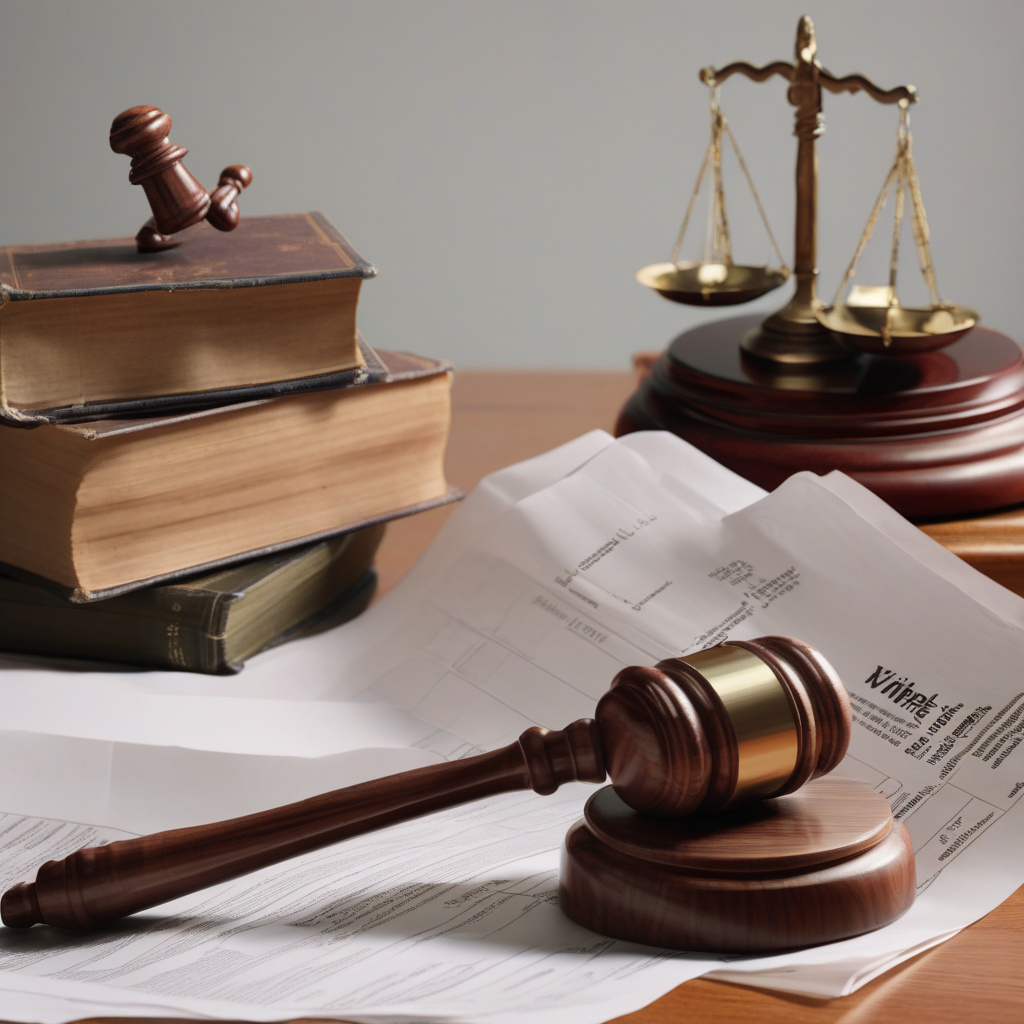Wikipedia’s Legal Battle Against UK’s Online Safety Act: A Defeat for Digital Freedom
The clash between digital platforms and governmental regulations has once again come to the forefront, with the Wikimedia Foundation, the entity overseeing Wikipedia, facing a setback in the UK’s High Court. The legal challenge mounted by the Foundation against the stringent provisions of the Online Safety Act has been met with defeat, signaling potential implications for online content moderation and freedom of information.
At the heart of the matter lies the balance between safeguarding online users, particularly vulnerable groups, and upholding the principles of free expression and access to information. The Online Safety Act, aimed at regulating online content to ensure a safer digital environment, has now gained traction with this ruling, raising pertinent questions about its impact on platforms that champion unrestricted access to knowledge.
For Wikipedia, known as a bastion of crowd-sourced information and a symbol of collaborative knowledge-sharing, this legal setback poses challenges in navigating the evolving landscape of online governance. While the intentions behind the Online Safety Act are rooted in promoting digital well-being, the implications for platforms like Wikipedia, which thrive on open participation and unfiltered data contributions, remain a point of contention.
The ruling not only underscores the growing influence of regulatory frameworks on digital entities but also highlights the need for a nuanced approach to address the complex interplay between online safety and information dissemination. As technology continues to shape our interactions and access to data, finding a harmonious coexistence between regulatory measures and digital liberties becomes paramount.
In the broader context of internet governance, this legal battle serves as a microcosm of the broader debates surrounding online content moderation, user privacy, and the responsibilities of tech entities in ensuring a safe digital realm. The repercussions of such legal precedents extend far beyond individual cases, shaping the contours of digital rights and regulatory practices on a global scale.
As we witness the repercussions of this legal showdown reverberate across the digital landscape, it prompts us to reflect on the delicate equilibrium between online safety mechanisms and the preservation of digital freedoms. The implications of this ruling for Wikipedia and similar platforms underscore the intricate dance between regulatory compliance and the ethos of open access that underpins the digital age.
In conclusion, the defeat of Wikipedia’s legal challenge against the UK’s Online Safety Act serves as a poignant reminder of the evolving dynamics between online platforms and regulatory frameworks. Navigating this terrain requires a delicate balance between ensuring digital safety and preserving the principles of open access and information sharing—a balance that will continue to shape the future of online discourse and knowledge dissemination.

